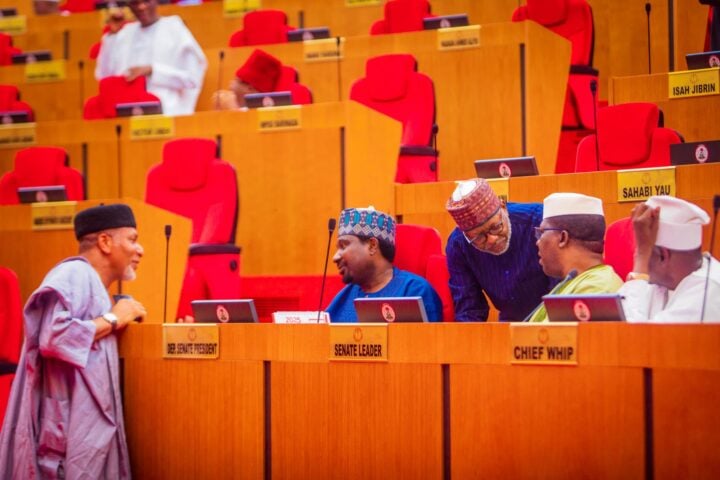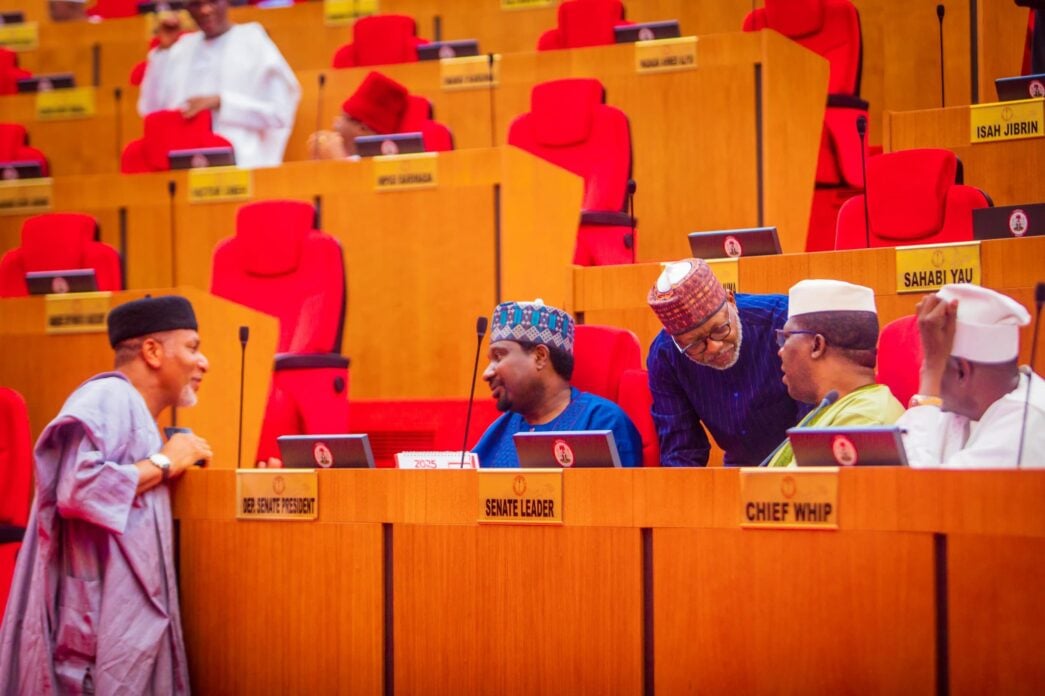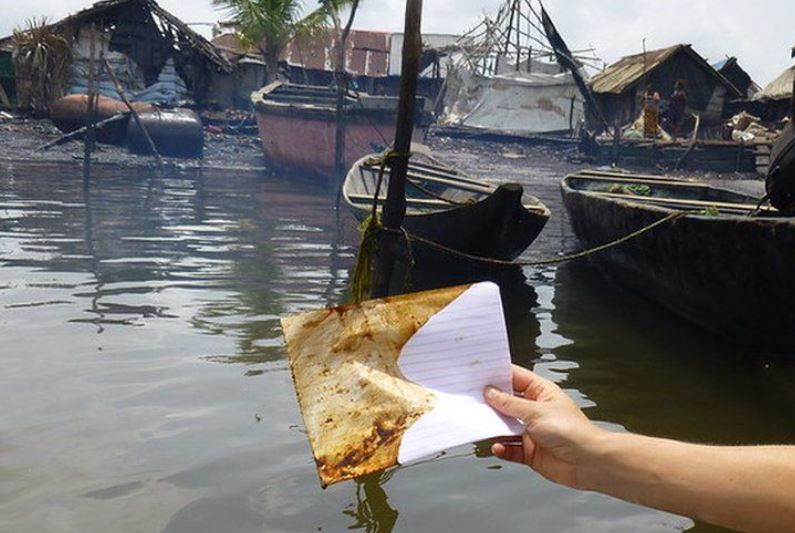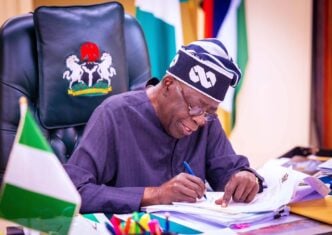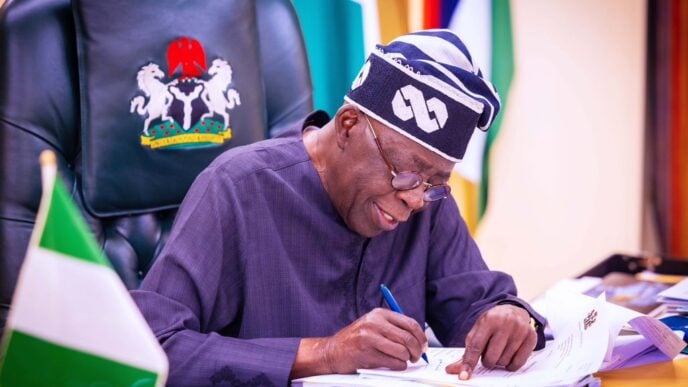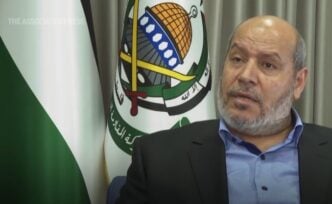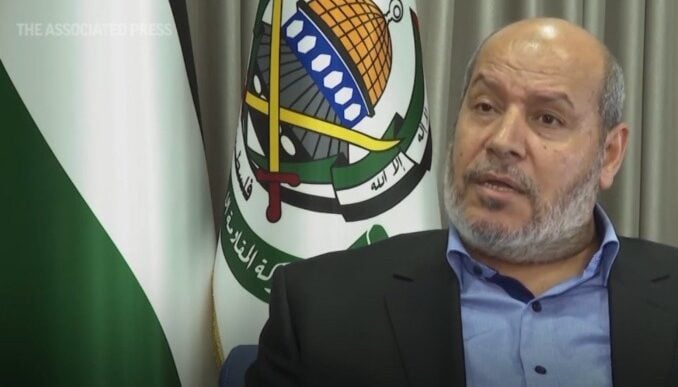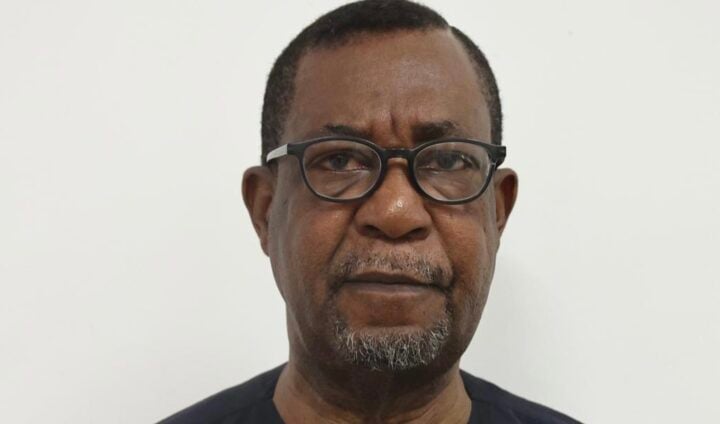The senate | File photo
The senate has resolved to hold an executive session over allegations of Christian genocide in Nigeria.
The decision followed a motion of urgent national importance moved by Ali Ndume, senator representing Borno south, during plenary on Thursday.
The motion, which was co-sponsored by senators across political and regional divides, sought to counter narratives in the foreign press and advocacy circles that portray Nigeria’s insecurity as religion-driven.
Ndume said Nigeria’s unity depends on mutual respect, tolerance, and an accurate understanding of its complex realities.
Advertisement
He expressed concern that the “Christian genocide” narrative, though sometimes arising from genuine humanitarian concern, has been amplified by advocacy groups and religious networks, creating negative perceptions of Nigeria abroad.
Ndume noted that the country faces terrorism, banditry, and communal violence that have claimed the lives of both Christians and Muslims.
Citing examples, he mentioned attacks in Plateau, Katsina, Zamfara, Borno, and Kaduna between 2022 and 2023, where insurgents and criminal groups targeted both churches and mosques.
Advertisement
The senator reminded his colleagues that the 1999 constitution guarantees freedom of religion and the protection of every citizen, regardless of faith or ethnicity.
He said the motion seeks to promote transparent communication, interfaith solidarity, and fact-based reporting to counter extremist propaganda.
Ted Cruz, a US senator, recently proposed a bill that seeks to protect “persecuted” Christians in Nigeria and designate the country as a “Country of Particular Concern” for alleged religious persecution.
Lawmakers have, however, said such proposals stem from “misconceptions” that could damage the nation’s global reputation.
Advertisement
Aliyu Wamakko, senator representing Sokoto north, who seconded the motion, said the “Christian genocide” claim amounted to misinformation capable of dividing the country.
“This misinformation cannot continue like this. We must take decisive steps to address this issue,” he said.
Sumaila Kawu, senator representing Kano south, said the US congress risked taking “an uninformed position” that could endanger both Christians and Muslims in Nigeria.
“As a parliament, we must join hands with our government to inform the US government and US parliament that the position they are taking is not in tandem with what is going on,” he said.
Advertisement
Jimoh Ibrahim, senator representing Ondo south, called for a deeper understanding of terrorist tactics and strategies, urging stronger engagement between the legislature and the executive on counter-terrorism measures.
Senate President Godswill Akpabio said terrorism in Nigeria is not driven by religion but by geography and circumstance.
Advertisement
“If terrorism occurs in a Christian-dominated area, Christians will be the victims; if it happens in a Muslim-dominated area, Muslims will be the victims,” he said.
He warned that international sanctions resulting from misinformation could worsen poverty across the country.
Advertisement
“We should have a small team that will visit our colleagues in the US, because some people must have gone there to give a one-sided story,” he added.
Bamidele Opeyemi, senate leader, said the chamber unanimously agreed that Nigeria’s insecurity challenges are not religiously motivated.
Advertisement
“As a senate, it is our conviction that the insecurity challenge is not religion-driven,” he said.
“We will step down this motion till the next legislative day and have an executive session and come back to plenary to report progress.”
The motion was adopted by voice vote, with Akpabio announcing that the senate will hold an executive session to discuss strategies for engaging international partners and correcting misconceptions about Nigeria’s religious landscape.
On September 30, President Bola Tinubu said allegations of religious genocide in Nigeria are unfounded, noting that the country is built on the faith and resilience of its people.
Mohammed Idris, minister of information, described claims of Christian genocide in Nigeria as “ignorant, false and baseless”.
